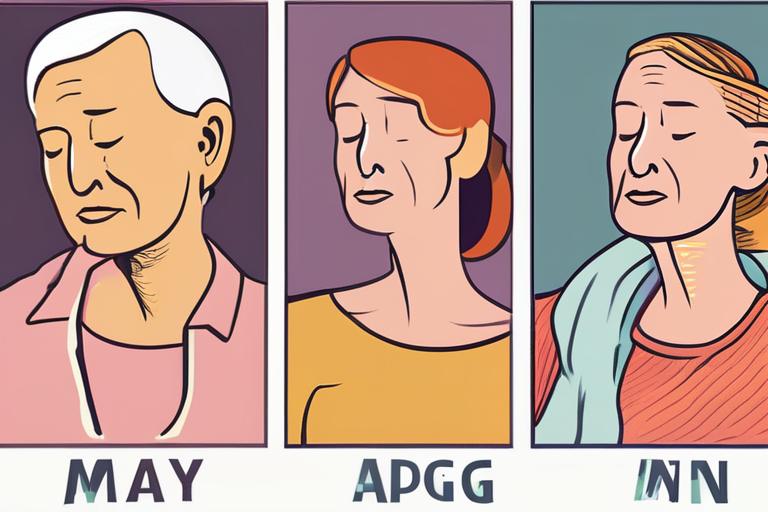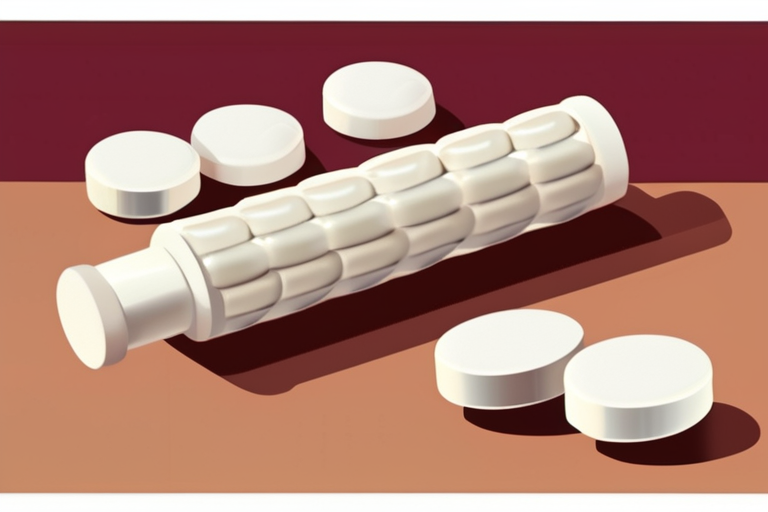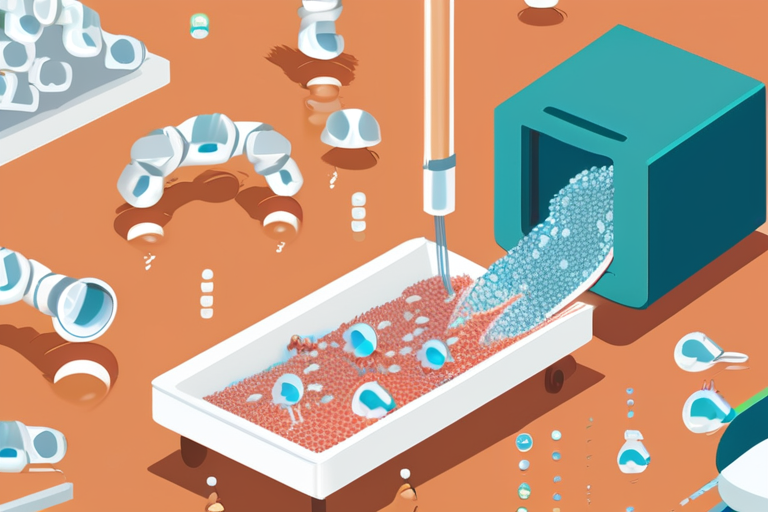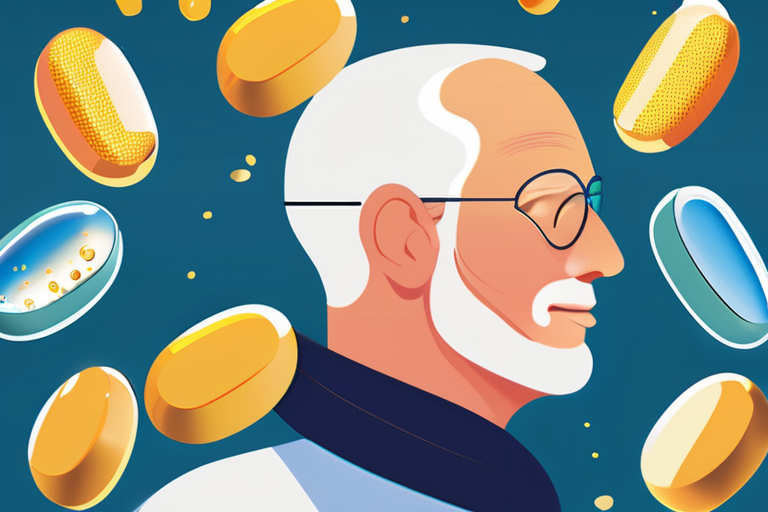Breaking News: Vitamin D's Surprising Impact on Global Health
A growing body of research is revealing the far-reaching effects of vitamin D on human health, long beyond its well-known role in bone health. According to a recent study, nearly 40% of the global population is deficient in vitamin D, with the highest rates found in regions with limited sunlight, such as the Northern Hemisphere.
Researchers have been studying the link between vitamin D and immune system function, with promising results. A study published in the Journal of Clinical Endocrinology and Metabolism found that vitamin D supplementation significantly reduced the risk of respiratory infections in individuals with low vitamin D levels. Another study published in the European Heart Journal discovered a correlation between low vitamin D levels and an increased risk of cardiovascular disease.
The UK's National Health Service (NHS) has long acknowledged the widespread deficiency of vitamin D in the British population. In 2019, the NHS issued guidelines recommending vitamin D supplementation for individuals with limited sunlight exposure, particularly during the winter months. However, the cost of widespread supplementation remains a concern, with estimates suggesting it could cost the NHS millions of pounds annually.
Vitamin D was first discovered in the early 20th century, when health professionals were searching for a cure for rickets, a disease that was prevalent in England at the time. Since then, research has continued to uncover the vitamin's importance in maintaining overall health.
As the winter months approach in the Northern Hemisphere, health experts are urging individuals to take steps to maintain adequate vitamin D levels. This can be achieved through a combination of sun exposure, dietary changes, and supplementation. With the global prevalence of vitamin D deficiency continuing to rise, researchers and health officials are working to develop effective strategies for addressing this widespread health issue.



























Share & Engage Share
Share this article